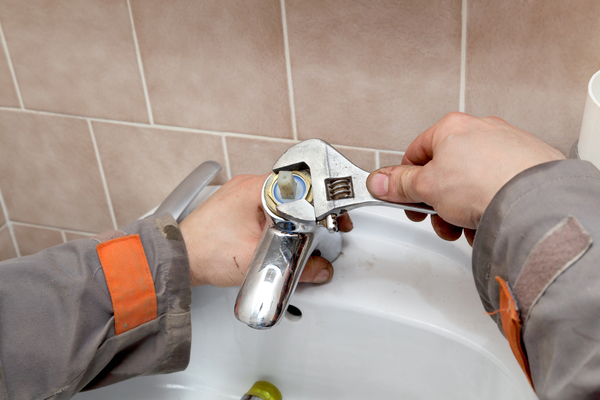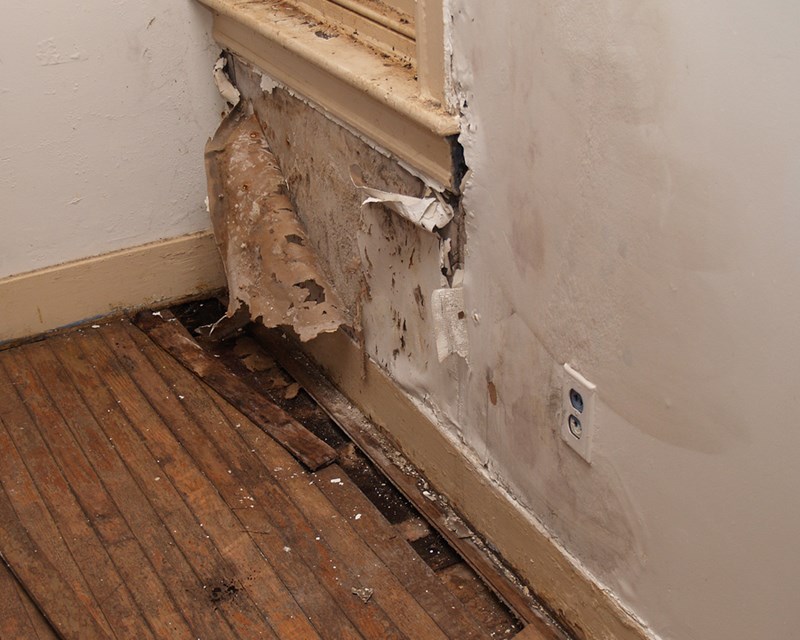5 Typical Water Leak Triggers
5 Typical Water Leak Triggers
Blog Article
Have you been hunting for critical info concerning How to Find and Prevent Water Leaks in Your Home?

"Be careful of little expenses. A little leakage will sink an excellent ship." - Benjamin Franklin.
He could not have been much more best due to the fact that water leakages in our homes result in a waste of sources, increasing our water bills. Although this increase might seem minimal initially, it can result in substantial expenses that can damage your bank. In addition to an increase in bills, water leakages additionally trigger undesirable organic growth, architectural damage, and also also electrical threats.
If you have a water leakage isn't constantly easy due to being incapable to see many of the pipework in your home, figuring out. However, If you have had a boost in your water bills recently, observed water stains on walls and ceilings, smelt poor odor, and so on. You could want to take into consideration requesting plumbing services to get it looked into.
There are a number of root causes of water leaks, and also we have put together the usual reasons below. Check to see if you have actually had associated concerns in your house just recently.
Blocked drains pipes
Food bits, dust, and also oil can cause blocked drains pipes and obstruct the passage of water in and out of your sink. Raised pressure within the gutters can finish and trigger an overflow up breaking or bursting pipes if undealt with. To stay clear of blocked drains pipes in your home, we recommend you to prevent pouring particles down the tubes and regular cleaning of sinks.
High water stress
You noticed your house water stress is more than typical but then, why should you care? It's out of your control.
It would be best if you cared because your ordinary water stress ought to be 60 Psi (per square inch) and also although your home's plumbing system is designed to hold up against 80 Psi. A rise in water pressure can put a strain on your house pipes and also result in fractures, or even worse, ruptured pipes. Get in touch with a specialist about controling it if you ever before see that your home water pressure is greater than typical.
Rust
As your pipework gets older, it gets weaker and also more at risk to corrosion after the constant flow of water via them, which can gnaw at pipes and create cracks. A visible sign of corrosion in your house plumbing system is discoloration as well as although this might be hard to identify due to a lot of pipes hidden away. Once they are old to guarantee a sound plumbing system, we advise doing a regular check-up every few years as well as change pipes
Compromised pipeline joints
Pipe joints are the parts of our plumbing system where the pipes link. It is important to keep in mind that even though pipes are made to endure stress and last for a while, they weren't made to last permanently; as a result, they would certainly deteriorate over time. A typical indication of harmed pipeline joints is too much sound from taps.
Damaged seals
An additional source of water leaks in homes is broken seals of home devices that make use of water, e.g., a dishwasher. When such appliances are set up, seals are installed around water adapters for easy passage of water through the equipment. Thus, a busted seal can create leak of water when in operation.
With little or no expertise of plumbing, comprehending your house's plumbing system enough to deal with several of these concerns (without effect) can be a headache. Connect with plumbing specialists in Pittsburgh, Providence, Rochester, and also environ today, and they'll make those concerns disappear.
He could not have actually been much more appropriate because water leakages in our houses result in a waste of sources, raising our water expenses. If you have had an increase in your water costs lately, noticed water spots on wall surfaces and also ceilings, smelt poor smell, etc. A rise in water stress can place a strain on your home pipes as well as lead to cracks, or even worse, burst pipelines. Another reason of water leaks in homes is damaged seals of house devices that utilize water, e.g., a dish washer. When such devices are installed, seals are installed around water connectors for simple passage of water via the device.
5 TIPS IN DETECTING A WATER LEAK IN YOUR HOUSE
Water leaks can be hard to find in your home, yet they can be so common. We rely on water every day in our home, which is why a leak can cause big problems. By detecting them early, you can save money and further damage, getting the problem fixed as soon as possible. Here are 5 tips to help you detect a water leak in your home, so you can contact a plumber straight away and get the issue sorted.
Check your water meter
Many people underestimate the value of the water meter in their home. It can be one of the best ways to tell if you have a leak early on, so you can get on top of it before issues start arising. Start by turning off all the water in your home: taps, washing machine, dishwasher, etc. Now take a look at the meter – if it’s still changing with everything turned off, it’s likely you have a fast-flowing leak that you need to get on top of straight away. If nothing changes, then leave your meter for an hour or two and come back to it. Did it change in this time? It’s likely you have a slower leak, which isn’t as urgent but still handy to get fixed so it doesn’t become a bigger problem.
Keep an eye on your bill
Another good way to detect a leak in your home is by keeping an eye on your water bill. It helps if you have a past bill from the same period of time. You can compare like for like and determine whether your water usage has increased significantly. If it has, there may be a leak in your system that you haven’t picked up before. A professional plumber can check through all of your pipes and determine where it is coming from.
Look for damage
If you have a leak inside your home, you will notice damage over time. Take a look at your showers and bathtubs and note whether any of the tiles surrounding the area seem to be discoloured or damaged in any way. There may be water stains, mould or peeling material that has resulted from a build up of moisture over time. Make sure you take a look under sinks at the back of cupboards that don’t get accessed regularly. This is where damage can go unnoticed and build up over periods of time.

As a person who reads about Reasons for Water Heater Leaks, I thought sharing that piece of content was beneficial. Those who enjoyed reading our blog post kindly don't forget to share it. Thank you for your time spent reading it.
Reliable round-the-clock. Report this page